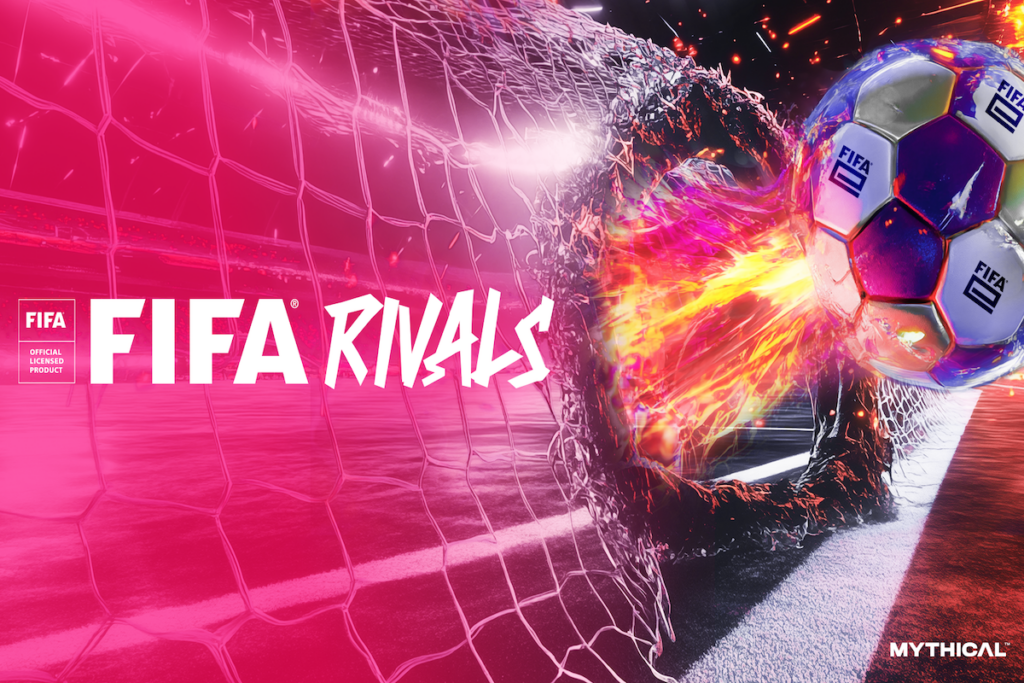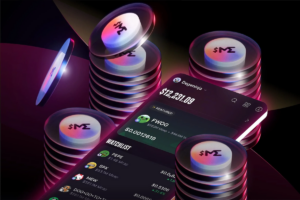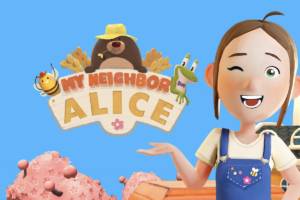The idea of non-fungible tokens (NFTs) has been around for a few years now. But as the blockchain hype train continues to move forward, it’s something we need to start taking more seriously. First, let us educate you on what NFTs are, how they work, and how they affect the gaming industry.
What are NFTs?
Non-fungible tokens, or NFTs, are becoming more popular to authenticate and assign ownership to digital items. NFTs are not just a digital version of physical items, like a digital baseball card or ticket. Instead, they allow you to own digital items that don’t have a physical counterpart.
NFTs are a type of cryptocurrency. They are blockchain-based, which means they can be exchanged through the internet in a way that’s hard to fake.
Each NFT is unique, and they are stored on a blockchain, which means they can’t be duplicated.
The difference between NFTs and cryptocurrencies like Bitcoin is that Bitcoin is divisible into smaller units, which makes it fungible—you can trade one Bitcoin for another. With NFTs, you can’t trade one token for another because each is unique.
For example, the artist Beeple recently sold an NFT for $69 million. That NFT was a digital collage created by the artist, and it’s the first NFT ever to be auctioned by Christie’s auction house. Another artist who sells art as NFTs is Grimes, who has made more than $6 million selling her art as NFTs so far this year.
How do NFTs work?
Imagine a particular type of barcode that’s attached to an item. That barcode is unique, and it verifies that its owner is the only person who can sell the thing it’s connected to. This barcode can be traded online, and every time it changes hands, the transaction is recorded on an ever-growing network of computers called blockchains.
Non-fungible tokens are created on blockchains; essentially spreadsheets you can’t change once you’ve entered them. A blockchain is a ledger of transactions, including all the information about who bought what and when, so there’s no way for someone to make up an NFT later or say they own one when they don’t.
The first time you create an item that becomes an NFT, it’s assigned a unique ID number and put onto the blockchain. It’s yours forever! An NFT can be anything from a piece of art to a song to a tweet. They’re different from cryptocurrency in that they’re not meant to be traded back and forth between people—instead, they represent the right to own the item itself.
NFTs and Cryptocurrency
NFTs and cryptocurrency are two different things—but they are both a part of the future.
NFTs, or “non-fungible tokens,” are a way to represent value and ownership using blockchain technology. For example, a musician could sell their song as an NFT and receive royalties each time it is played.
Cryptocurrency is a bit different since it is digital cash that uses encryption techniques to regulate its use and generate units. Cryptocurrency uses blockchain technology, but instead of representing ownership like NFTs does, it represents money.
NFTs and Gaming
Thanks to non-fungible tokens, sports betting isn’t just about betting on the outcome of a game. While online sportsbooks will always be the go-to for making those kinds of bets, NFTs allow collectors to purchase and trade memorabilia with a digital twist.
In the past, buying and collecting items from your favorite team could be fun, but it was also time-consuming and costly.
You’d have to either make a trip to the stadium or find an authorized seller, and then you’d have to arrange to park or deliver, and even if everything worked out perfectly, you might not be able to get what you wanted! Digital collectibles are different.
You can buy them right from your phone in just a few clicks. They’re also unique: no two digital collectibles are precisely alike.
The question is, how do NFTs (non-fungible tokens) solve this?
NFTs are digital assets that can be traded, sold, or bought in the gaming world. This means that gamers can own their skins and other assets without relying on the game developer. For example, if your favorite game went offline tomorrow, you could still use your digital assets on another platform.
NFTs are stored on a blockchain platform called a smart contract. This means that whenever an action is taken with your assets—whether you’re trading them or selling them—the details are recorded in an unalterable ledger. You will always have proof of ownership for every single asset you’ve acquired.
NFTs can be used to place bets on video games. Blockchain technology allows gamers to stake their game tokens on the game they play with other players. Game tokens serve as a bet type, while other tokens are used in games like NBA Top Shot.
One example of how casinos could use NFTs is by rewarding players with a piece of a basketball player’s jersey when they win a bet on that team’s game. Another example will be giving out free tickets to an event if you purchase an NFT token from the casino first (for example, if you buy a $5 ticket).
Many top casinos like those reviewed by CryptoCasinos360 have already developed ways for players to bet using NFTs.
The long answer is a little more complicated, though not by much. To bet using an NFT, you need two things:
- A casino that accepts bets using NFTs.
- An NFT wallet that allows you to transfer your funds from your casino account into the wallet and vice versa.
As for the first requirement, quite a few online casinos allow players to bet using NFTs. All you need to do is check on some of the most reputable crypto or Bitcoin bookies and start playing.
Why Would a Gamer Want an NFT?
Gamers love the thrill of finding hidden treasures, and an NFT is a perfect way to give them that rush.
Sure, a gamer can buy or win a new in-game skin or power-up. But a gamer who has an NFT doesn’t just get a new skin—they get something they can show off to their friends.
Game developers have been using NFTs to reward gamers who complete specific tasks in-game. This gives players something to strive for beyond beating the game and reaching the end.
Another way game developers use NFTs is to reward gamers with virtual real estate that they can use to build on the game. For example, if you play Fortnite, there’s a chance you could find yourself with some land that you can build on and use as you play the game.
Advantages of Betting with NFTs
Betting on sports online can be thrilling to watch your favorite teams play, but it can also be risky. Using an NFT for your sports betting casino can help keep you safe and protect your profits.
The first advantage of using an NFT for sports betting is that it allows you to use cryptocurrency, which is more secure and less volatile than fiat currencies like the US dollar or the British pound.
This is because cryptocurrency transactions are done through decentralized blockchains, so no central authority controls them.
The result of this is a more anonymous method of payment that doesn’t require you to provide personal information such as your name or address when making deposits or withdrawals from your account.
The second advantage is that it’s easier than ever before for players all over the world to bet using cryptocurrencies, thanks to platforms like Ethereum and Blockstack, which allow users from anywhere on earth to access these markets without needing any special hardware or software installed locally on their computer systems — just an internet connection!
Disadvantages of Betting with NFTs
The only issue with using NFTs for sports betting is that they can be expensive and difficult to use if you don’t know how cryptocurrency works.
Suppose this sounds like something that would interest you. In that case, we recommend checking with various sites, including top Bitcoin bookies, to learn how cryptocurrency works before you begin playing with this new coin. We say Bitcoin because they are the pioneers of cryptocurrencies and are the easiest to learn with.
Author
-

The views and opinions expressed in this guest post are solely those of the author, and do not necessarily reflect the official policy or position of NFT News Today.




